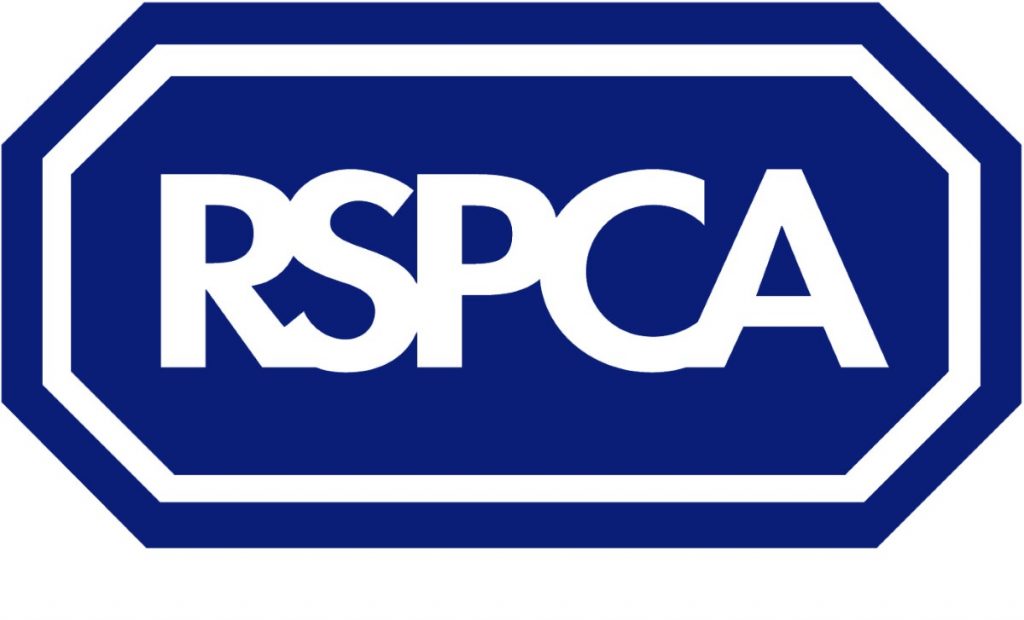Look before you strim, says RSPCA
The RSPCA is warning gardeners to tread carefully to avoid harming the wildlife which may be living in their gardens.
Every year we receive calls about animals with distressing and often fatal garden injuries which in most cases are completely avoidable, and with gardeners likely to make the most of the bank holiday weekend we are urging caution.
Past cases include a toad with its hind legs chopped off by a strimmer, a hedgehog burnt in pampas grass clearance, a blackbird speared by a garden fork and a toad stuck in a watering can.
Already this spring we have seen several hedgehogs caught by strimmers, a snake fatally injured by a lawnmower in Chelmsford and last week some fledglings nesting in some long grass had been caught by a strimmer in a garden in Reading. Most of the baby birds managed to escape but one little fledgling had such extreme head injuries that he had to be put to sleep.
Last Tuesday, RSPCA inspector Peter Ferris was called out to rescue a hedgehog found with a broken leg in a garden in Looe, Cornwall.
He said: “The poor thing had been slashed by a strimmer and had such bad injuries that he died. It was a complete accident, but one which could have been so easily avoided by a quick check to see if anything was hiding in the grass.
“Unfortunately these casualties are not unusual at this time of year. Every year we see cases like this – some of them pretty distressing. Hedgehogs are one of the most affected as they curl up into a small ball when they sense danger and can be hard to spot in the grass. We also get a lot of frogs, toads and snakes with limbs missing and other horrendous injuries.
“May bank holiday weekend normally encourages some very enthusiastic gardeners to get out and sort out their backyards.
“But however impatient people feel – we urge a little bit of caution. Taking two minutes to check for wildlife before strimming, mowing or cutting could save an animal’s life. You never know what might be hiding away in the undergrowth.”
Last year there were 45 incidents reported to the RSPCA and it is feared that unless care is taken there could be many more this year. Quick checks for wild animals lurking in the grass or foliage could be all that is needed to save them losing a limb – or life.
Ways to avoid such injuries include avoiding cutting hedges whist birds are nesting, checking for birds or their nests if clearing scrub, brambles or trees has to be done now; keeping drains and swimming pools covered; and removing sports and garden netting and storing it in a safe place when not in use.
It is also worth keeping some areas of the garden ‘wild’ and ‘untidy’ as many animals rely on leaf piles, compost heaps and even weeds for nesting and food. Frogs and toads rely on pond weeds for homes and disturbing them could expose them to the cold or disturbing their eggs.
ENDS
Notes to editors
Images available on request
For more information on how to protect the wildlife in your garden, please visit www.rspca.org.uk
RSPCA, Wilberforce Way, Southwater, Horsham, West Sussex RH13 9RS
Press office direct lines: 0300 123 0244/0288 Fax: 0303 123 0099
Duty press officer (evenings and weekends) Tel 08448 222888 and ask for pager number 828825
Email: press@rspca.org.uk | Website: www.rspca.org.uk
Dogs come in all shapes, sizes and breeds! Check out our top tips for canine care:
http://blogs.rspca.org.uk/insights/2013/01/03/meeting-your-dogs-welfare-needs/





-01.png)